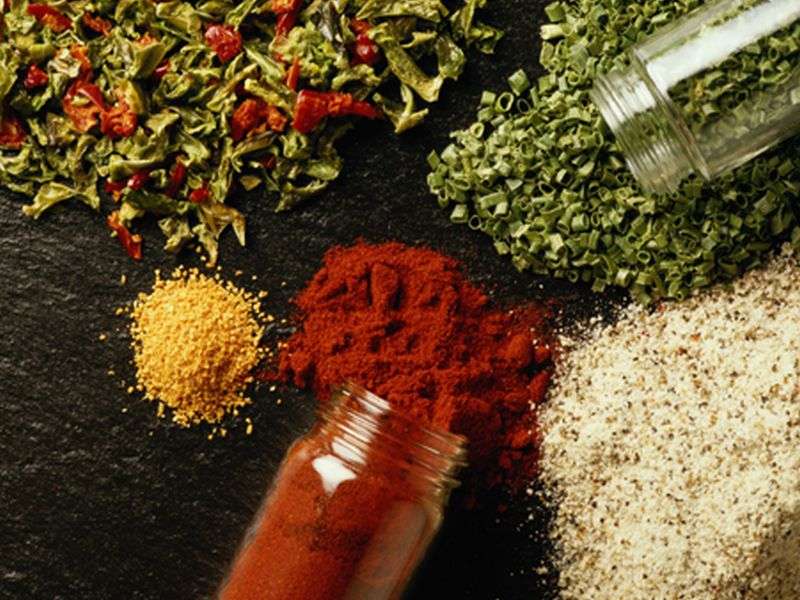Mechanisms ID'd for curcumin resensitization of cancer cells

(HealthDay)—Curcumin can resensitize chemoresistant pancreatic ductal adenocarcinoma (PDAC) cells through inhibition of the polycomb repressive complex 2 (PRC2)-PVT1-c-Myc axis, according to a study published online July 17 in Carcinogenesis.
Noting that curcumin can overcome de-novo chemoresistance and resensitize tumors to chemotherapeutic agents, Kazuhiro Yoshida, M.D., from the Baylor University Medical Center in Dallas, and colleagues examined the underlying mechanisms for curcumin-mediated chemosensitization.
The researchers reported the resensitization of chemoresistant PDAC cells by curcumin through inhibition of the PRC2-PVT1-c-Myc axis. Curcumin sensitized chemoresistant cancer cells inhibited expression of the PRC2 subunit enhancer of zeste homolog-2 and its related long non-coding RNA PVT1 using gemcitabine-resistant PDAC cell lines. Curcumin also prevented spheroid formation and down-regulated several genes driving self-renewal. In vitro findings were confirmed in a xenograft mouse model, with inhibition of gemcitabine-resistant tumor growth by curcumin.
"Overall, this study establishes clinical relevance for combining curcumin with chemotherapy to overcome chemoresistance in PDAC," the authors write.
More information: Abstract/Full Text (subscription or payment may be required)
Copyright © 2017 HealthDay. All rights reserved.




















